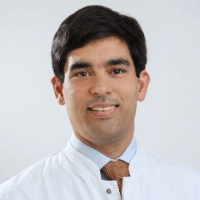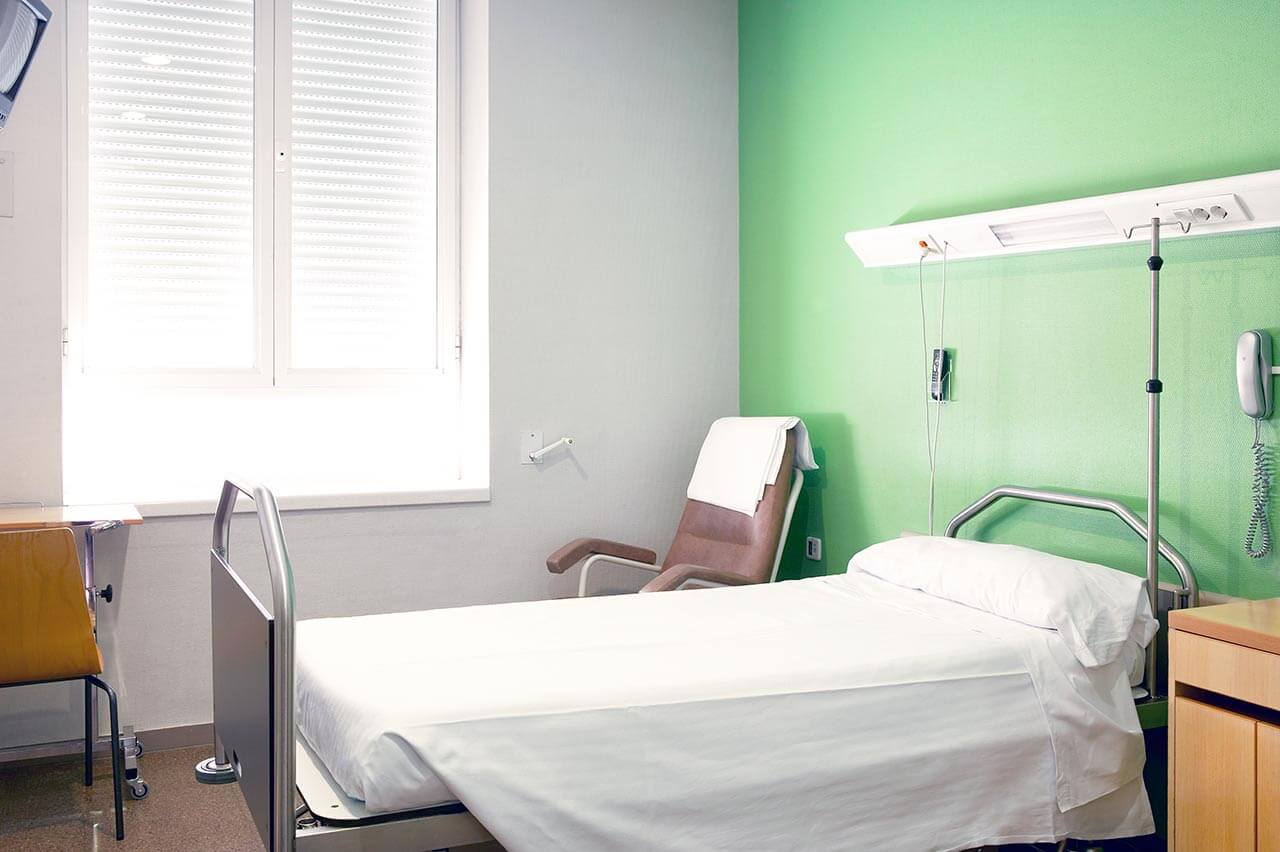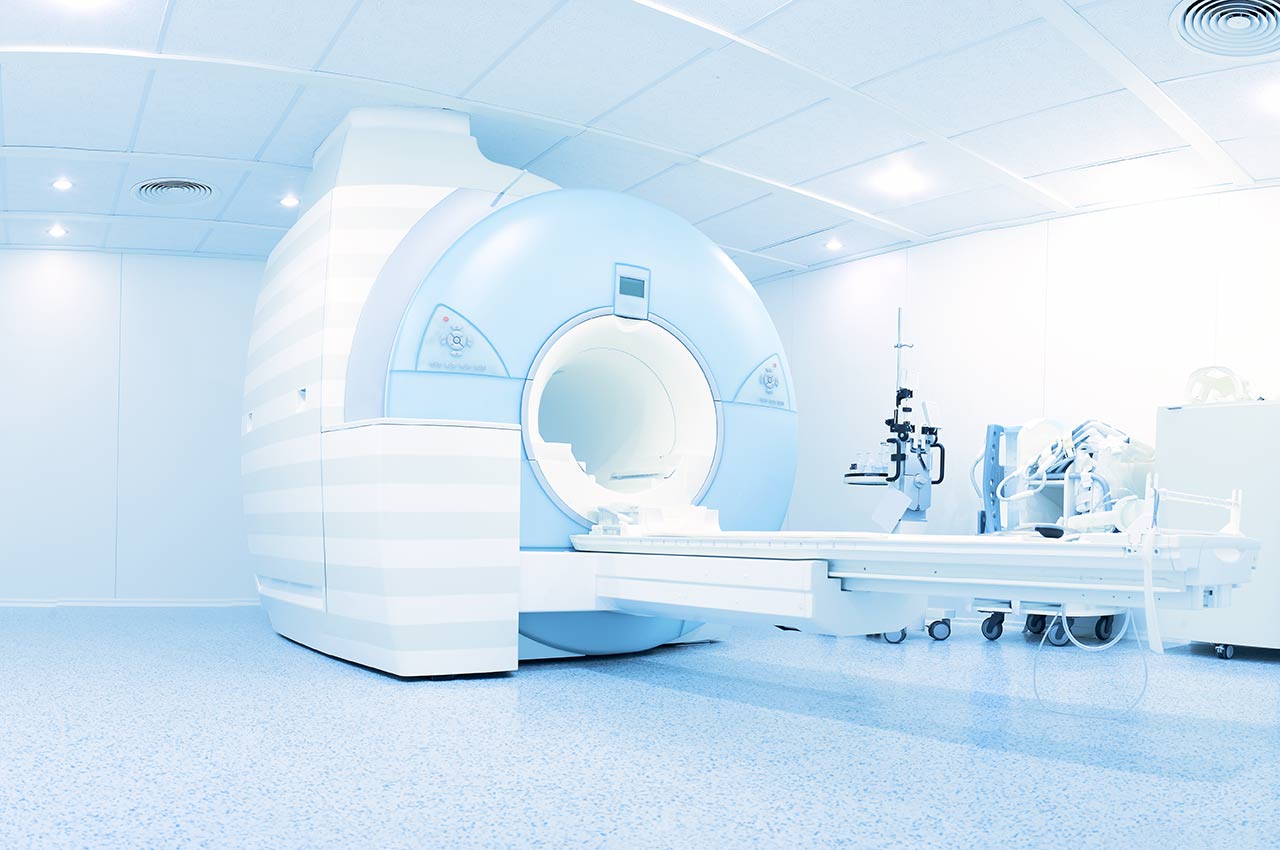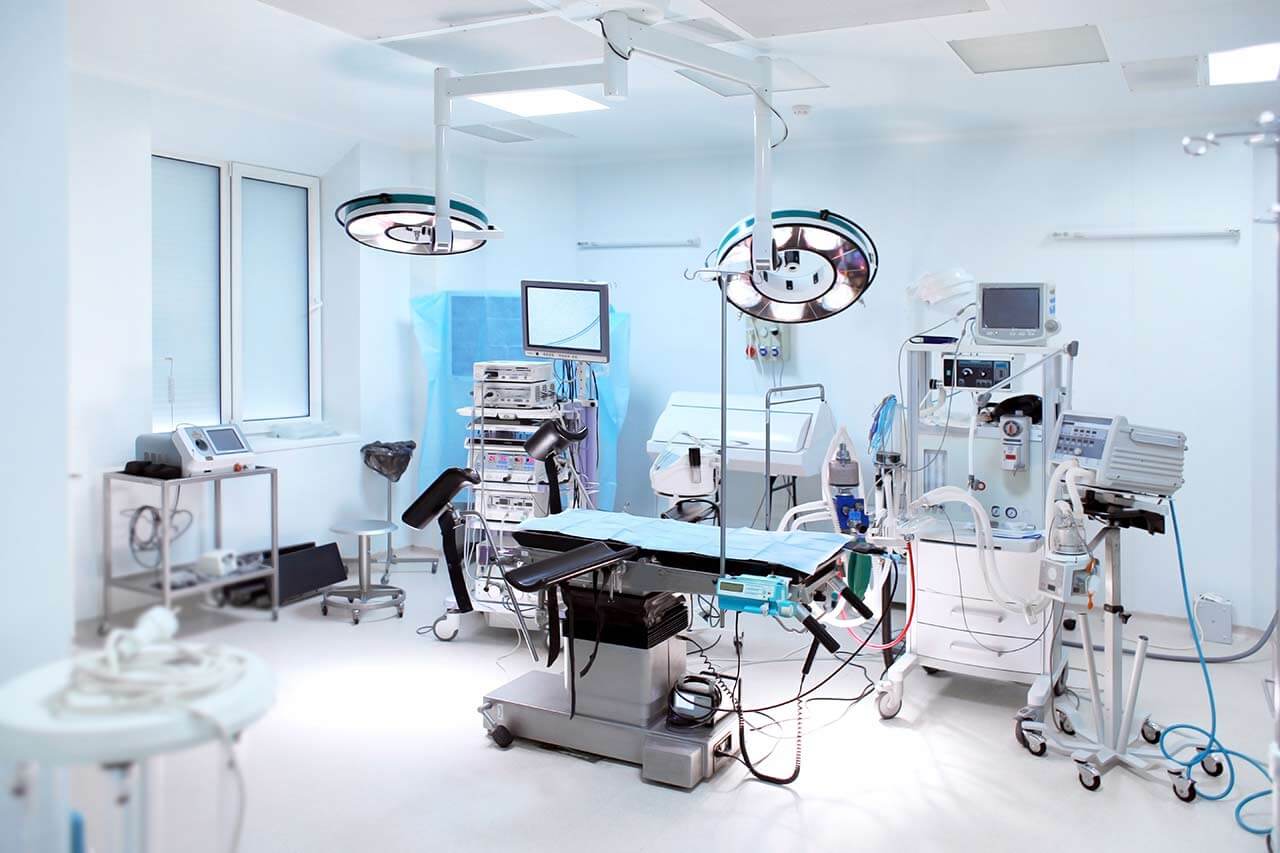
The program includes:
- Initial presentation in the clinic
- clinical history taking
- review of medical records
- physical examination
- laboratory tests:
- complete blood count
- general urine analysis
- biochemical analysis of blood
- inflammation indicators (CRP, ESR)
- indicators blood coagulation
- neurological examination
- functionality x-ray
- CT/MRI scan
- neuropsychological tests (on indications):
- ENMG (electroneuromyography)
- EEG (electroencephalography)
- SEPs (somatosensory evoked potentials)
- VEPs (visually evoked potentials)
- BAEP tests (brainstem auditory evoked potential)
- preoperative care
- treatment of the cavernoma with coiling
- 1-day intensive care unit stay
- postoperative MRI control
- symptomatic treatment
- control examinations
- the cost of essential medicines and materials
- nursing services
- full hospital accommodation
- developing of further guidance
Required documents
- Medical records
- MRI/CT scan (if available)
- MR/CT-angiography (if available)
Service
You may also book:
 BookingHealth Price from:
BookingHealth Price from:
About the department
The Department of Adult and Pediatric Diagnostic, Interventional Neuroradiology at the University Hospital Würzburg offers the full range of radiological studies and modern minimally invasive catheter procedures for the treatment of vascular diseases of the brain, head and neck, spine. The highly qualified team of doctors of the department specializes in the treatment of strokes, aneurysms, vascular malformations and atherosclerosis. In addition, the department is equipped with high-tech systems the special diagnostics of the central and peripheral nervous system. The department operates a national Expert Center for Radiological Diagnostics of Brain Tumors in Children. The department is headed by Prof. Dr. med. Mirko Pham.
All diagnostic and therapeutic procedures are provided in accordance with the strict guidelines of the professional societies. In the course of treatment, there is maintained close cooperation with the specialists from related disciplines, for example, neurosurgeons, neurologists, otolaryngologists, ophthalmologists, and specialists in oral and maxillofacial surgery. The diagnostics and treatment of malformations of the central nervous system in children is also based on an interdisciplinary approach.
The service range of the department includes:
- Minimally invasive treatment of vascular malformations of the brain, head and neck, upper limb, spine and spinal cord
- Emergency medical care for stroke
- Stroke prevention (prevention of atherosclerosis)
- Cerebrovascular aneurysms
- Arteriovenous malformations of the brain and spinal cord
- Vascular malformations in the face, head, neck and body
- Vascular fistulas and arteriovenous dural fistulas
- Vascular tumors of the head and neck (for example, meningiomas, paragangliomas, juvenile nasopharyngeal angiofibromas)
- Catheter procedures to arrest bleeding in the face, head and neck
- Minimally invasive interventions on the brain veins for diagnostic and therapeutic purposes
- Minimally invasive pain therapy
- Treatment of neuropathic pain in spinal nerve lesion
- Treatment of headaches (decrease of the cerebrospinal fluid volume)
- Specialized neuroradiological diagnostics
- Magnetic resonance imaging (MRI)
- Computed tomography (CT)
- Radiography
- Angiography (digital subtraction angiography)
- Diagnostics and treatment of diseases and malformations of the central nervous system in children (in collaboration with the Departments of Pediatric Radiology, Pediatric Neurosurgery, Pediatrics)
- Other medical services
Curriculum vitae
University Education
- 1998 - 2005 Medical School at the University of Tuebingen, Germany (summa cum laude).
2001 - 2002 Internship at the University Hospital Guadalajara, Mexico.
Scientific Degrees
- 2013 Habilitation and Venia Legendi in Radiology, Heidelberg University, Germany.
- 2005 Doctoral dissertation: "Modulation of slow-cortical potentials by feedback of auditory stimuli" (Supervisor: Prof. Dr. N. Birbaumer), Institute for Medical Psychology and Behavioural Neurobiology, University of Tuebingen, Germany.
Professional Experience
- 2008 - 2015 Postdoctoral Fellow and Group Leader MR Neurography at the Department of Neuroradiology (Prof. Dr. M. Bendszus), University of Heidelberg, Germany.
- 2012 Attending Physician in the Department of Diagnostic and Interventional Neuroradiology.
- 2012 Board Certification in Neuroradiology.
- 2011 Board Certification in Diagnostic Radiology.
- 2005 - 2007 Postdoctoral Fellow with Prof. Dr. L. Solymosi, Department of Neuroradiology, University of Würzburg, Germany.
Awards and Honors
- 2014 Wilhelm Conrad Röntgen Prize of the German Radiology Society.
- 2012 Senior Award of the European Society of Neuroradiology (Lucien Appel Award).
- 2012 Coolidge Award for Research in Diagnostic MR Imaging.
- 2010 Senior Award of the German Society of Neuroradiology (Kurt Decker Award).
- 2007 Best Selected Paper in Clinical Neuroradiology.
- 2006 Junior Award of the German Society of Neuroradiology (Marc Dünzl Award).
Memberships in Professional Societies
- German Society of Radiology.
- German Society of Neuroradiology.
- European Society of Neuroradiology.
Photo of the doctor: (c) Universitätsklinikum Würzburg
About hospital
According to the FOCUS magazine in 2019, the University Hospital Würzburg ranks among the top national German hospitals!
The hospital is one of the oldest medical facilities in Germany. The centuries-old traditions of first-class treatment are combined with the very latest achievements of modern evidence-based medicine and advanced expert experience. The hospital is the maximum care medical center and covers all fields of modern medicine. The hospital has an impeccable international reputation and treats a large number of patients from other countries every year.
A distinctive peculiarity of the hospital is active interdisciplinary cooperation. A large number of diseases are diagnosed and treated within the specialized centers, which medical teams rely on the unique experience of treatment of a wide variety of clinical cases. For example, such centers include the General Cancer Center, the Stem Cell Therapy Center, the Breast Health Center, the Gastrointestinal Center, the Thoracic Surgery Center, etc. In total, the hospital has more than 40 centers of this kind. Therefore, the patients of the hospital are confident that they will be offered the most relevant treatment in accordance with the very latest medical recommendations.
In addition to the most advanced achievements and methods of modern medicine, the medical team of the hospital makes every effort to create a comfortable, friendly atmosphere, which promotes patient well-being and recovery.
Photo: (с) depositphotos
Accommodation in hospital
Patients rooms
The patients of the University Hospital Würzburg live in comfortable rooms made in a modern design and bright colors. The patient room includes a bed with a remote control, a bedside table with a sliding table, a wardrobe, a TV. The patient rooms have the possibility of Internet connection. The enhanced-comfort rooms are equipped with a safe, a fridge and upholstered furniture.
Meals and Menus
The patients of the hospital are offered a varied and tasty three meals a day. There is a daily choice of several menus, including a dietary one. In case of intolerance to any food, please inform the medical staff about your food preferences in advance. After that, you will be offered an individual menu. Also, the hospital houses the cafes and cafeterias with a wide assortment of drinks, fresh pastries, fresh salads, sweets and other dishes.
Further details
Standard rooms include:
Religion
Christian priests are available for the patients at any time. Representatives of other religions may be requested at any time.
Accompanying person
Your companion may stay with you in your room or at a hotel of your choice during the fixed program.
Hotel
You may stay at the clinic hotel or a hotel of your choice during the outpatient program. Our manager will help you choose the best option.





